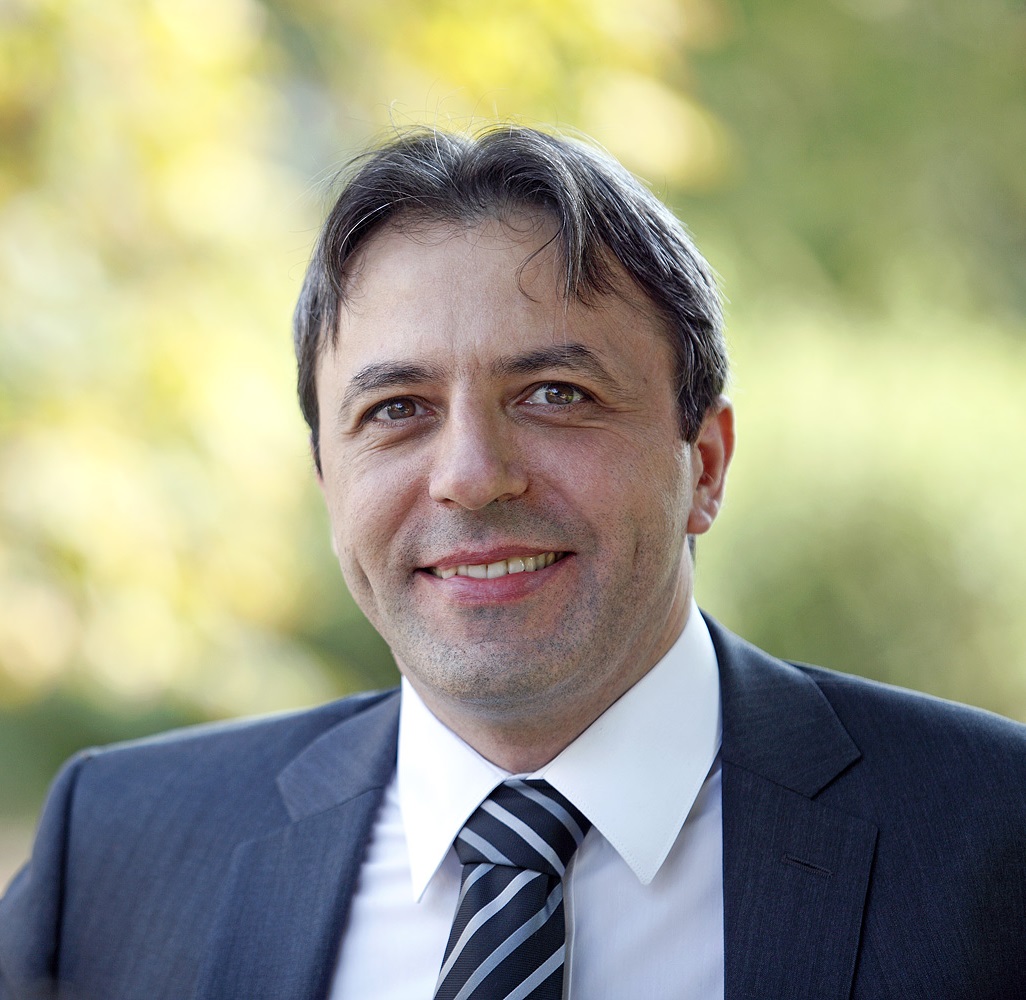
Categories:
 When:
October 13, 2021
When:
October 13, 2021
 Duration:
1 day, 9:00 am - 4:30 pm CDT
Duration:
1 day, 9:00 am - 4:30 pm CDT
 Registrations Closing:
Tuesday October 12 at 12 pm CDT
Registrations Closing:
Tuesday October 12 at 12 pm CDT
| Early bird fee | $545 |
|
Regular fee (After August 24, 2021) |
$595 |
| Continuing Education Units (CEU) | 0.6 |
| CSEP points | 2 |
In many cases, the upfront costs of energy efficiency (EE) projects and significant retrofits are a major barrier to implementation for the business, commercial, industrial and residential sectors.
To help remove this barrier, several financing mechanisms have been developed over the years to help minimize upfront costs to encourage organizations and individuals alike to proceed with EE improvements and retrofits. These mechanisms have been deployed by a variety of stakeholders interested in financing EE projects for different reasons, including utilities, governmental institutions, energy service companies (ESCOs), and more recently private equity firms.
In this training course, participants will learn about the mechanisms and successes of EE financing, as well as their respective complexities and challenges. In order to re-enforce these learnings, the course features a number of practice financing scenarios and design case exercises.
Through this course, participants will:

CIET Virtual Real-Time Classroom training
This training will be offered virtually through Microsoft Teams. Upon enrollment, you will receive the information you will need to enjoy a great training experience.
CIET’s Pan-Canadian Virtual Course Schedule
| Other time zones | ||||||

Ivan Gerginov has more than 15 years of experience in energy efficiency financing. For the past ten years, his work has been exclusively focused on the design, implementation, monitoring and impact evaluation of specialized financing mechanisms at the international level.
Mr. Gerginov has designed various dedicated EE financial mechanisms tailored to local markets, ranging from credit lines, investment and trust funds, risk mitigation instruments, insurance products, soft loans, grant-supported financing programs and many others. A number of these mechanisms have already been successfully implemented by various local commercial or development banks, investment funds or government agencies, thus demonstrating the high quality of their design. He is also familiar with providing EE financial and lending expertise to new EU member countries and accession countries.
Furthermore, Mr. Gerginov has managed or has been directly involved in the implementation of such mechanisms, which financed EE projects totalling over EUR 1.2 billion (USD 1.5 billion) through financial products. Additionally, he has conducted evaluation assessments of such programs in different markets and gained specialized expertise for supporting investment banks focused on clean energy and managing dedicated clean energy funds in Europe, especially in the Balkans and Turkey, where he has been very active for the past three years.
He has gained extensive international experience from working in more than 40 countries in Africa, Asia, the Middle East and Europe on assignments led or financed by major multilateral development banks, such as the African Development Bank, the European Bank for Reconstruction and Development (EBRD), the European Investment Bank, the Inter-American Development Bank, the World Bank, and United Nations agencies. He has also worked with bilateral development organizations, such as KfW and the United States Agency for International Development (USAID), as well as NGOs specialized in clean energy, such as the International Energy Agency and the REEEP.
Click here, to see our course postponement and cancellation policy
Send us an email and we will respond as soon as possible.

This is to inform you that the course date is too close to be able to ship hard copies of the material to you on time. If you are willing to use the material in secured PDF, receive the material later (likely after the course) and pay upon registration, please click OK to continue the registration process. Please note that the shipping process will start only when the course fees are paid in full and delays are to be expected. Many thanks!